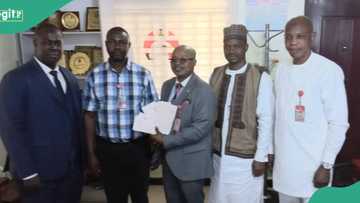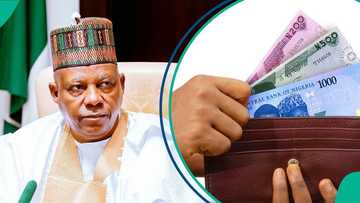Good News as Nigeria Repays Content Intervention Fund
- The Nigerian Content Intervention (NCI) fund, overseen by the Bank of Industry (BOI), has seen a 90% repayment rate, as reported by the NCDMB
- The NCDMB has achieved significant milestones, including the construction of a galvanising plant and the advancement of the Nigerian Oil and Gas Parks Scheme
- The Senate Committee on Local Content has pledged support for the board’s efforts to improve local content regulations, create jobs, and foster economic growth through collaboration and legislation
Legit.ng journalist Zainab Iwayemi has 5-year-experience covering the Economy, Technology, and Capital Market.
Ninety percent of the Nigerian Content Intervention (NCI) fund, overseen by the Bank of Industry (BOI), has been paid back, according to the Nigerian Content Development and Monitoring Board (NCDMB).
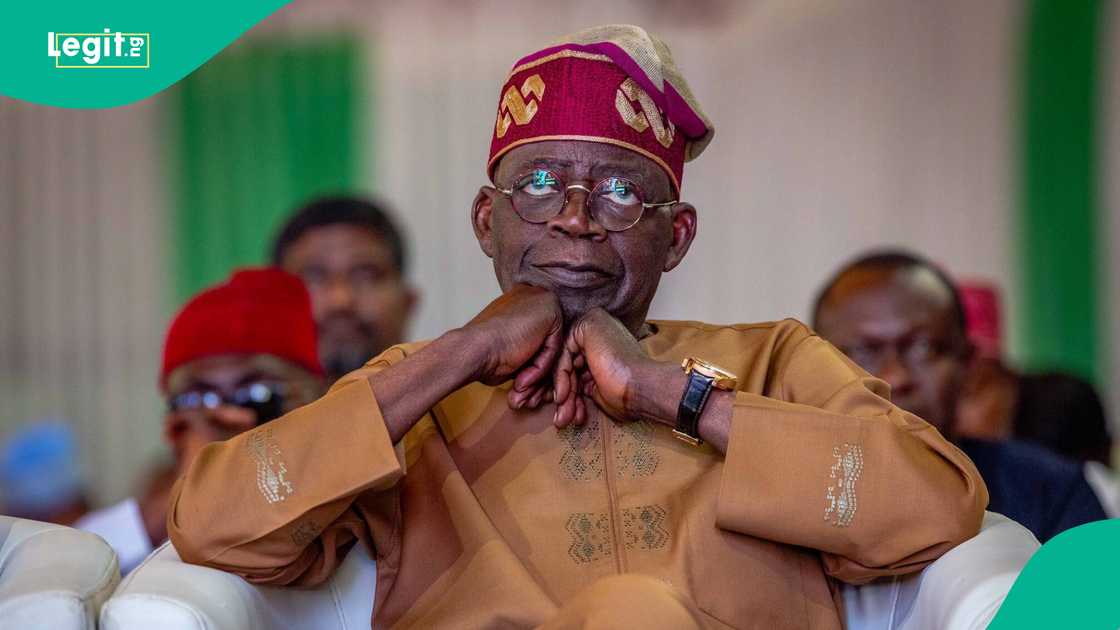
Source: UGC
The NCDMB's Executive Secretary, Felix Ogbe, made this statement during the Senate Committee on Local Content's oversight visit to the board’s premises, as conveyed by the agency's spokesman, Obinna Ezeobi, in a statement on Saturday.
Section 104 of the Nigerian Oil and Gas Industry Content Development (NOGICD) Act established the Nigerian Content Development Fund (NCDF), of which the NCI fund is a part.
In 2024, the NCDMB reported that it had deposited $300 million with the BOI, which had disbursed $330 million in loans to 60 eligible oil and gas firms.
The loan earned $30 million in interest, according to the board. The NCDMB has achieved success in the Nigerian Content Intervention Fund (NCIF), which is run by the BOI, with more than 90% of the funds paid back, as noted by Ogbe, who was represented by Abdulmalik Halilu, the NCDMB's Director of Corporate Affairs.
He mentioned that the board had recently accomplished important milestones, such as enabling the construction of a 10,000-metric ton (MT) galvanizing plant at Daewoo Yard in Port Harcourt, which has raised the local capacity for galvanizing to more than 180,000 MT.
The agency has also advanced the Nigerian Oil and Gas Parks Scheme (NOGaPS) at Emeyal 1, Bayelsa State, and Odukpani, Cross River State, both of which are 90% complete, alongside a 10-megawatt power plant and the first and largest floating production storage and offloading (FPSO) integration facility in Africa, according to the NCDMB chief.
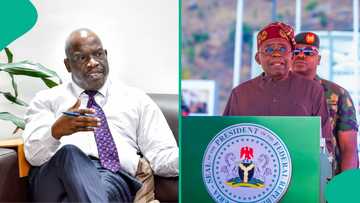
Read also
Energy centre speaks on NUPRC's N5.21trn revenue in H1 2025 as Tinubu assures of improved economy
He added that the board's priorities include the continuous development of the NCDMB Gas Hub for gas-based enterprises, its eight industrial parks across the nation, and the human capacity development program known as the "Back-to-the-Creeks" plan.
Citing Section 104 of the NOGICD Act, the Executive Secretary urged the lawmakers to support the board by removing the NCDF from revenue deductions.
According to Ogbe, the board also intends to improve local content regulations and address infrastructure issues by aligning the policies of other sectors with the local content concept.
Joel-Onowakpo Thomas, the Chairman of the Senate's Local Content Committee, also spoke, stating that the Senate would support the board's local content development efforts through legislation.
Thomas reiterated President Bola Tinubu's commitment to increasing domestic employment-generating capacity in the oil and gas industry, as well as in other sectors.
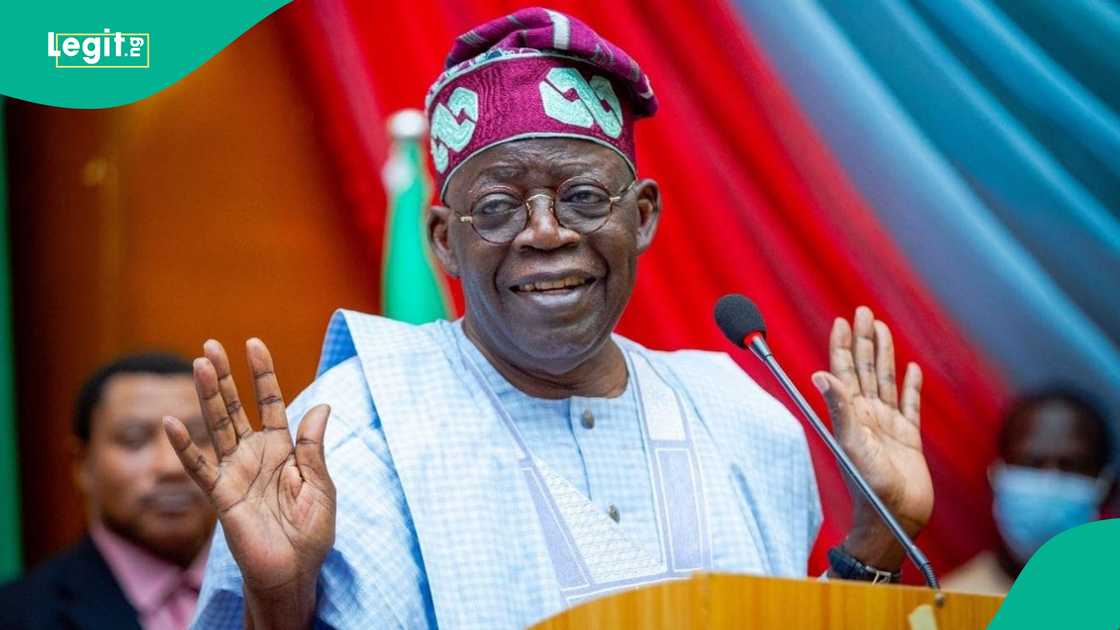
Source: Getty Images
"Let me say that the benefits of local content cannot be overemphasized. It will lead to job creation for our people, the development of critical assets and skills, the growth of local businesses, improved balance of payments, and a reduction in dependence on foreign goods and services," he said.
“To achieve these benefits, collaborations between the Senate Committee and the board of the NCDMB are essential as we would work closely with the NCDMB to ensure that the provisions of the Act are implemented effectively.
"The committee will not only ensure oversight but will also support the board in its efforts to develop and implement policies that promote local content development."
"In addition to collaborating with the board, Thomas stated that the Senate Committee would engage with other stakeholders “and create an enabling environment that fosters growth for local businesses and promotes job creation.”
FG repays China, World Bank, IMF, others
Legit.ng reported that according to reports, domestic debt service cost for the year under review stood at N5.97 trillion, representing a 14.15% increase from N5.23 trillion in 2023.
The increase is due to higher interest rates and rising domestic borrowing.
Nigeria spent about $4.66 billion on external debt servicing, an increase of 167% from N2.57 trillion recorded in the previous year.
Source: Legit.ng


